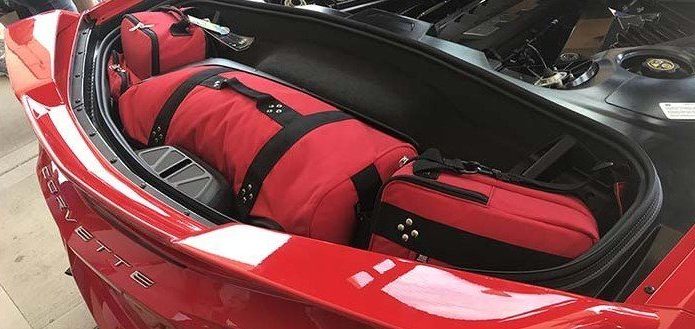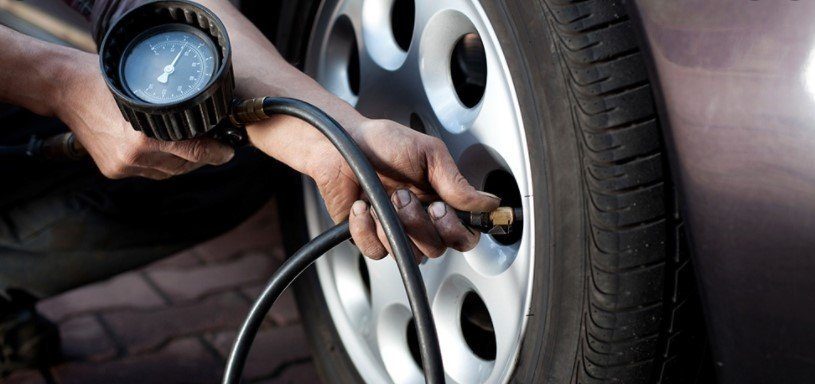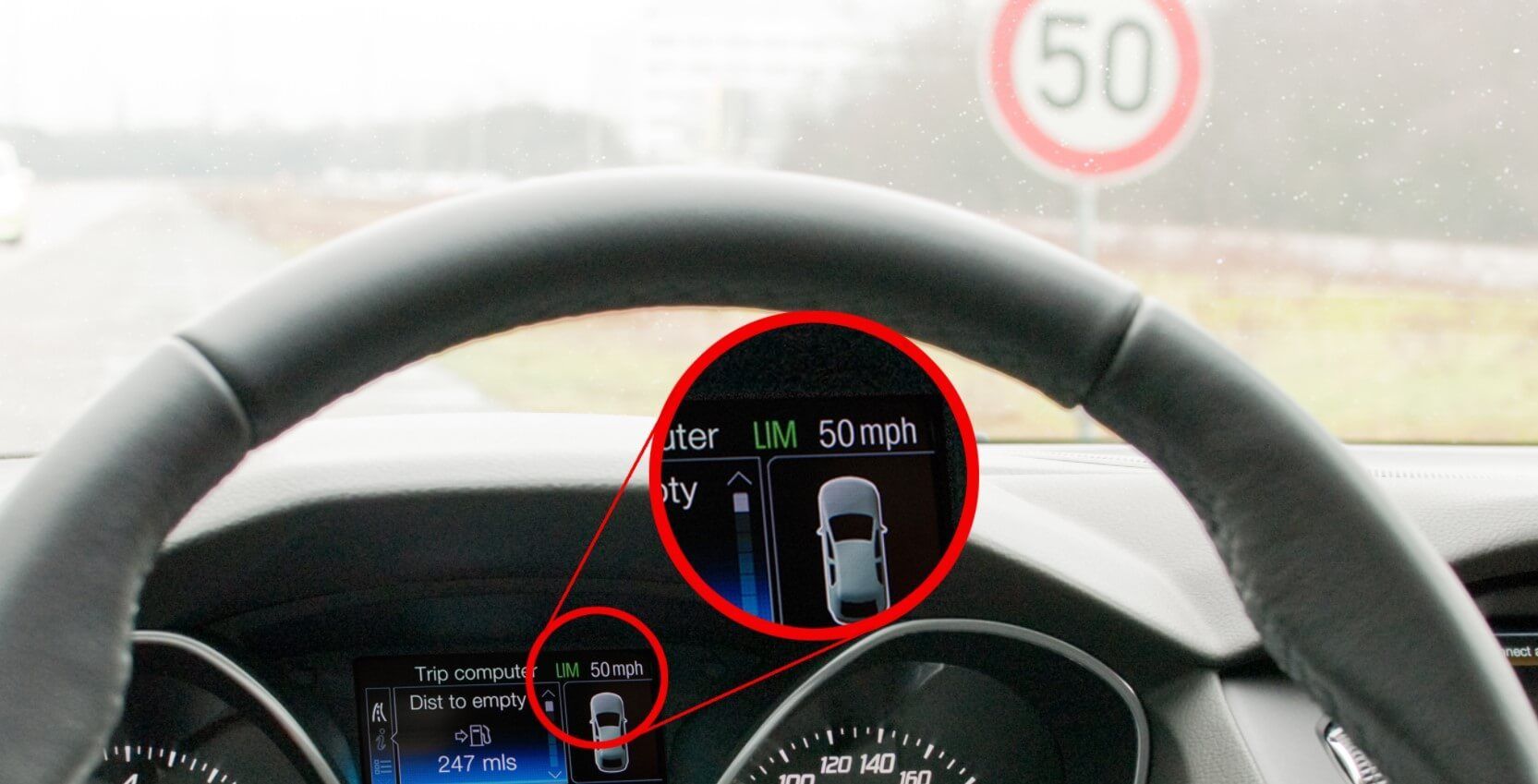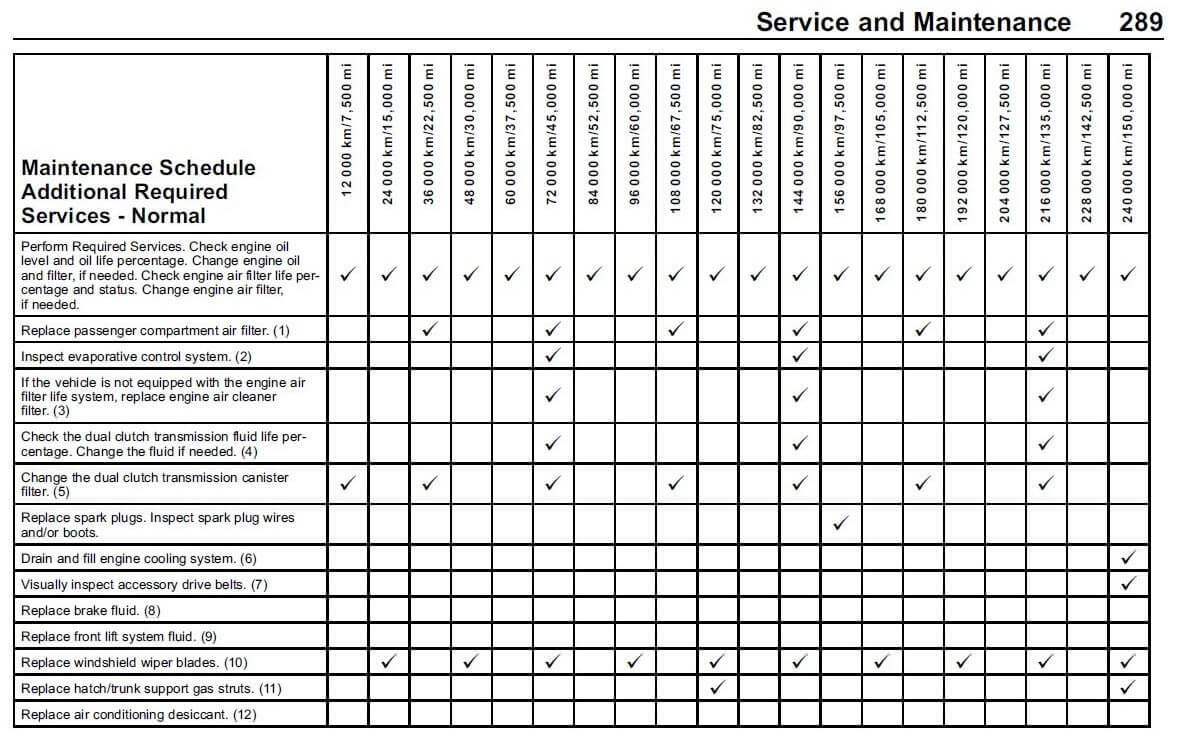How to Save Money on Gas When You Drive a Sports Car
A sports car is a lot of things. Sports cars are powerful, they're flashy and they serve as a status symbol for anyone who sits behind their wheels. For all the things they are, sports cars spend a lot of time at the gas station because these sleek and sexy models don't get the best gas mileage. They're designed for speed and power, not fuel economy.
If you absolutely need to have one in your collection, how can you save money on gas while you drive your favorite sports car?
Avoid Traffic Jams Whenever Possible

No one likes getting stuck in traffic, but if you're concerned about fuel economy, it's one of the worst things you can do. Your gas mileage depends on moving forward. If you're stuck in traffic, you're burning up expensive fuel just to sit still. Depending on make and model, you can burn through a quarter-tank of gas sitting in traffic for just 15 minutes.
While you can't always avoid traffic jams, make it a point to plan your trips so you can avoid the worst traffic on the way. Apps like Waze and even Google Maps can help you avoid choke points that might leave you wasting all your gas waiting for the car in front of you to move forward a few inches.
Empty Your Sports Car Trunk

While most sports cars aren't going to give you a ton of trunk space, there's still some room for cargo. If you pack your trunk with stuff and haul it around all the time, you're going to end up wasting a ton of money on fuel. According to the U.S. Environmental Protection Agency (EPA), every 100 pounds removed from a vehicle, improves fuel economy by 1-2%.
Important note: The effect of putting your car on a diet will depend on its size and curb weight. A small Miata benefits more from some weight loss than a large Charger will. Still, whatever you're driving, you can improve your gas mileage by only hauling what is necessary and keeping your cargo spaces clear when you don't need them.
Keep Your Tires Properly Inflated

Soft tires might be good for the track, but if you're using your sports car as a daily driver. Keeping your tires properly inflated is necessary to help you grip the road. In addition to traction, your tire pressure has a direct impact on your sports car's fuel economy. If you let your tires get low, you might as well be taking the gas right out of your tank.
You can improve your car's fuel economy by 0.6% to 3% just by keeping your tires inflated to the correct pressure. You lose about 0.2% of your fuel economy for every psi under the recommended pressure. Keep a tire pressure gauge in your glove compartment and check your tires once a week. Top them off as necessary.
Choose a Sports Car With a High Rating
One of the easiest ways to get better gas mileage out of your sports car is to choose wisely. Modern models are beginning to balance fuel economy with power, so you can have your cake and eat it too. Nearly every manufacturer is working on a hybrid or fully electric version of their signature sports cars.
You don't have to give up a traditional gasoline engine to get better fuel economy from your favorite sports car. Many, like the new 2020 Mustang Ecoboost convertible, get some of the best gas mileage in their class. Achieving this comes without giving up any of the features you'd expect to find in a Mustang.
Follow the Speed Limit

One of the best things about having a sports car is that you can put the pedal to the metal and tear down the highway at speeds that other cars could only dream of. While it's tempting to put your favorite sports car through its paces on the highway, that's the last thing you want to do if you're trying to improve fuel economy.
Most cars are designed to hit their peak fuel efficiency at around 50-60 miles per hour. There's nothing special about that number — that's just what engineers design for because that's the speed limit in much of the country. If you're concerned about fuel economy, try to stick to that sweet spot whenever possible. Of course, this doesn't apply if you're taking your car to the track.
Stick to Your Maintenance Schedule

Every car built in the last few decades has a manufacturer-recommended maintenance schedule. This tells you how often you need to change things like the oil, air filter, and belts. Try to stick to that maintenance schedule as closely as possible to extend the life of your vehicle. Not only will it keep your car running smoothly, but it will also help improve your fuel economy.
On average, giving your car a tune-up can improve your gas mileage by 4%. Some specific fixes — like replacing a faulty oxygen sensor — can improve fuel economy by up to 40%.
It sounds too simple, but staying on top of your sports car's maintenance needs pays off. It can make an enormous difference when it comes to mileage and keeping your hard-earned money in your pockets.
Also running a fuel supplement such as CleanBoost® Maxx™ can give your MPG a 10% bump while also improving power and keeping your fuel system clean.
Enjoy Every Bit of Your Sports Car
You should be able to climb behind the wheel of your favorite sports car without worrying about whether or not you're going to reach your destination before you run out of fuel. Thankfully, getting better fuel economy from your sports car isn't complicated. Maintain your car well, stick to the speed limit and make sure you're not leaving heavy stuff in the trunk.
If this sounds like too much for you, consider purchasing a sports car that already has a good fuel economy rating. You've got the option to choose a fully electric or hybrid model, but if that doesn't tickle your fancy, opt for something like the 2020 Ford Mustang, with it's efficient EcoBoost engine.
It's possible to enjoy every bit of your sports car without worrying about emptying your wallet and filling your gas tank every day.
Thanks for the guest post Martin Banks! - Tech Guy
About the Author
Tech Guy
Automotive enthusiast, passionate about Jeeps, hot-rods, turbos, performance, efficiency, diesels, fuels, high performance oils, additives and anything with an engine.

